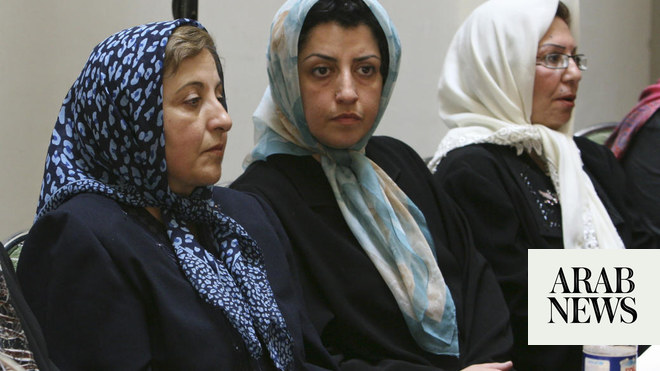
Yemeni activists in Sanaa on Wednesday called for a “revolution of the hungry,” in which those starved by their country’s conflict would rise up against the Iran-backed Houthi militias.
Amid these calls, the national currency continued its staggering decline, recording unprecedented lows despite recovery measures taken by the internationally-recognized government in Aden and the central bank.
Both the central bank and the legitimate government headed by President Abdrabbuh Mansur Hadi have taken fiscal measures to stabilize exchange rates and put an end to market manipulation.
In light of a month-long depreciation facing the Yemeni rial, living costs shot up, making it expensive to purchase food, commodities and fuel.
With no source of income and militias controlling gateways to the capital, most citizens were left to panic.
Ex-coupist Judge Abdul Wahab Qatran, slammed Houthi leaders as “thieves,” accusing them of running a fuel and foreign currency “mafia”.
“The price of the rial is falling to the bottom of hell, real hunger has struck—If I, a judge, have failed to secure a can of beans or a kilo of sugar for my family, then what about the remaining destitute?”
Qatran took to Facebook to launch a series of insults against the Houthis and their oppressive policy, calling for a revolution to end their rule.
Popular discontent towards Houthis in Sanaa soared after the militias raised fuel prices and went on to collude with major tellers and traders in order to buy, stockpile and smuggle foreign currencies.
In no way did Houthi militants back government efforts to stop the national currency’s plunge and help improve living conditions for Yemenis, Sanaa locals said.
Despite imposing a fuel prices hike a few days ago, informed sources in Sanaa reported that the Houthis are also planning another increase.
Without taking into account the dire living conditions experienced by Yemenis in Houthi-run territory, they are set to raise the price of fuel to $20 per gallon, sources said.
The rapid decline of the rial over the last few days has already led to a 20-30 percent rise in prices of most food commodities, especially basic goods such as wheat, rice, sugar, milk and medicine.
As Houthis seized food aid provided by international organizations and exploited it for their personal war efforts, loud cries rose for launching an anti-Houthi revolution in Sanaa.
A “revolution of the hungry,” which mobilizes against Houthi militias and their taxes, customs and other illegal tariffs, has started to take shape in Sanaa, sources added.
Many residents of Sanaa, interviewed by Asharq Al-Awsat, have expressed disdain towards the Houthis’ way of running the capital.









